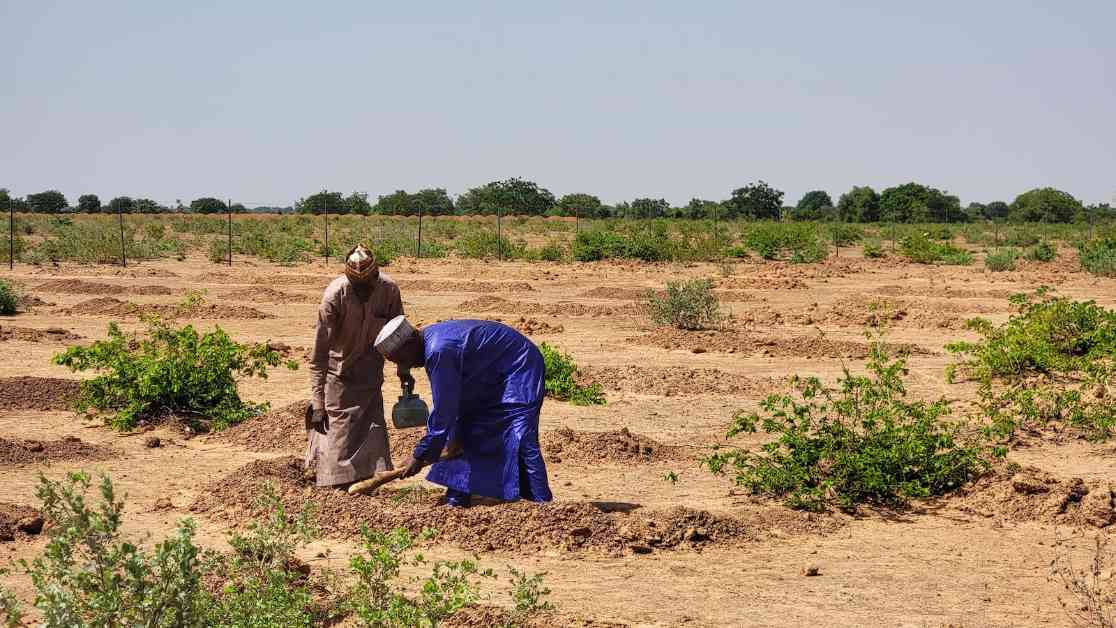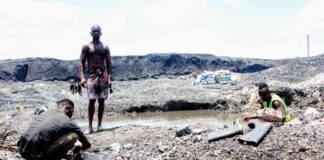Global Impact: Earth’s Land Drying Out
Earth’s climate is changing rapidly, and its consequences are becoming increasingly visible. A recent report by the United Nations Convention to Combat Desertification revealed alarming statistics – 75% of the planet’s land is drying out, posing a significant threat to the world’s inhabitants. This trend is driven by climate change, with global warming making 77% of the Earth’s land drier over the past three decades. The implications of these changes are far-reaching, affecting agricultural productivity, biodiversity, and ecosystem health.
The Unfolding Crisis
Drylands, or arid areas where water is scarce, now make up more than 40% of the planet, excluding Antarctica. These regions are experiencing a rapid increase in salinity, further exacerbating the challenges faced by farmers and communities. The Food and Agriculture Organization of the United Nations found that approximately 10% of the world’s soils are affected by excess salt, with billions of acres at risk.
A Grim Future
As the world warms, these trends are expected to worsen, leading to widespread hunger, displacement, and economic decline. The expansion of drylands is intrinsically linked to the surge in saltier soils, making it increasingly difficult for farmers to grow crops and sustain their livelihoods. Without concerted efforts to curb emissions and implement sustainable solutions, the future looks bleak for many vulnerable populations.
Call to Action
The reports underscore the urgent need for governments worldwide to prioritize investments in resilience efforts and sustainable land management practices. From nature-based solutions like agroecology to technological innovations, there are various strategies available to address the escalating crisis. It is crucial that stakeholders come together to take decisive action before it’s too late.
In the face of these challenges, it is essential for individuals to consider their environmental footprint and support initiatives that promote sustainable living practices. By making conscious choices in our daily lives, we can contribute to a more resilient and environmentally sustainable future for generations to come. The time to act is now.














